I spoke to Sherri Coon, who wrote the article "Is Dual Enrollment Right For Your Teen?" She interviewed two teens who were helped by duel enrollment, another college professor who talked about the difference between Advanced Placement courses and Dual Enrollment Courses, myself, and a parent. The article is very detailed, and provides a lot more info than I could post here (you should read it, if you are thinking of putting your child into dual enrollment courses).
Here was my response to her question "What should people know about Dual Enrollment courses?
Dr. Amy B. Hollingsworth is an instructor at The University of Akron, who works closely with dual enrollment students in her biology course. "One of the known issues with dual enrollment (DE) is that students don't feel like they belong in either high school or college," Dr. Hollingsworth says. "A student who is 16, and in a college course, may have trouble relating to the other students in the class, which can make them feel isolated. In my lab course, where my students work in groups, I have seen 16-year-olds feel very uncomfortable when the others are talking about drinking or going to fraternity parties," she adds. These students may not feel that they belong in high school, either. "While I feel it is an advantage curriculum-wise, I don't think students are truly emotionally prepared for college at 15 or 16. Unless they are in a distance-learning situation (where the college course is broadcast to their high school via the web or on a screen in a lecture hall) or have excellent counseling, first generation students may feel isolated," she shares. "The word we use for it is 'liminality.' This is where they are at a crossroads between being a teenager and being made to skip the crucial years of understanding oneself, and going straight into college without the emotional maturity," Dr. Hollingsworth adds.
Maybe students NEED these two sets of experiences (high school, and college), in order to work their way through their young adult years. If you do high school and college at the same time, you skip some experiences from both high school and college. In order to give students more academic experiences, are we forgetting about them just needing TIME to grow up?
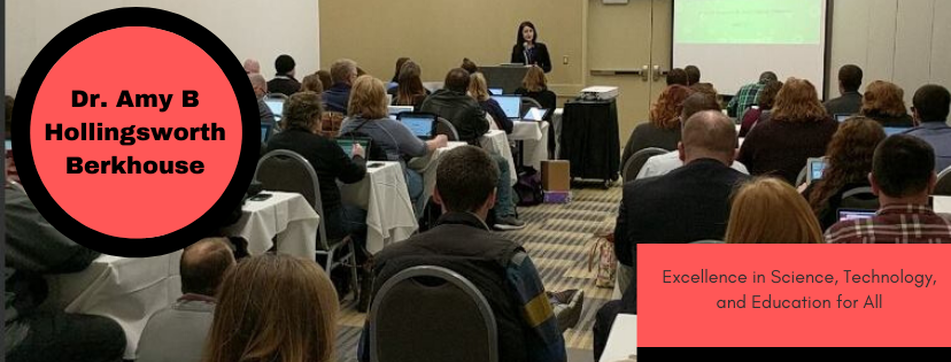

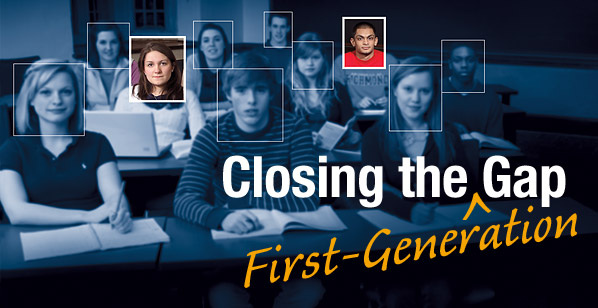



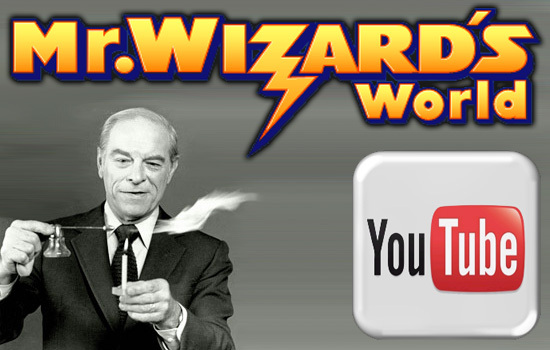
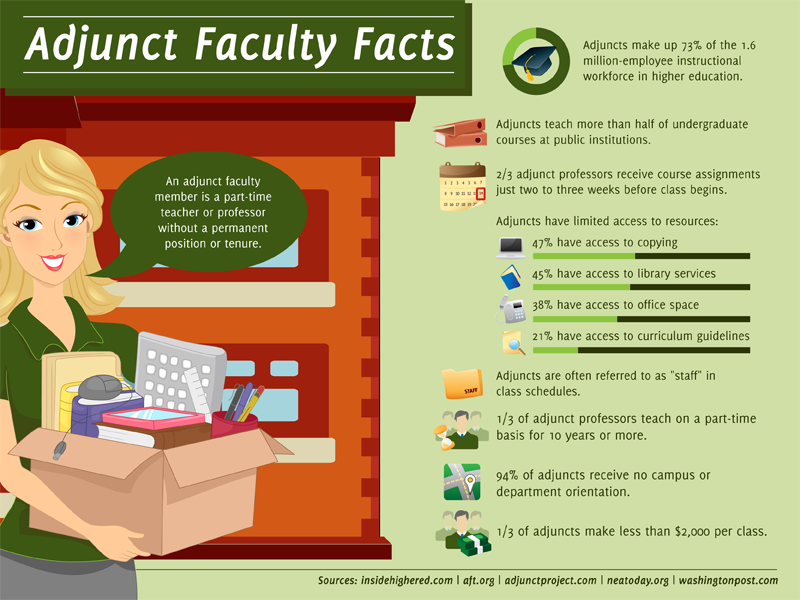
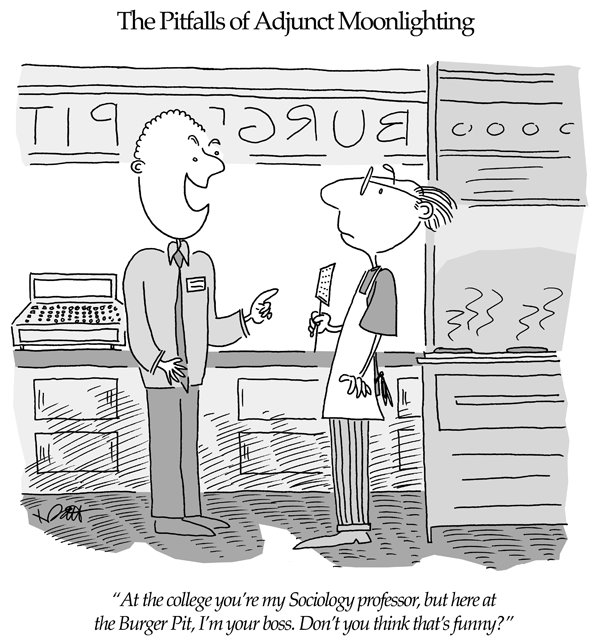
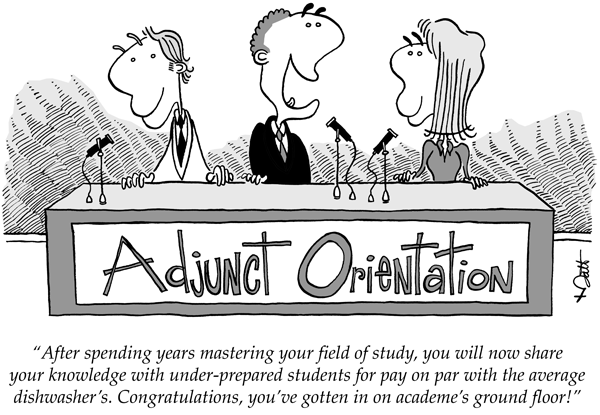
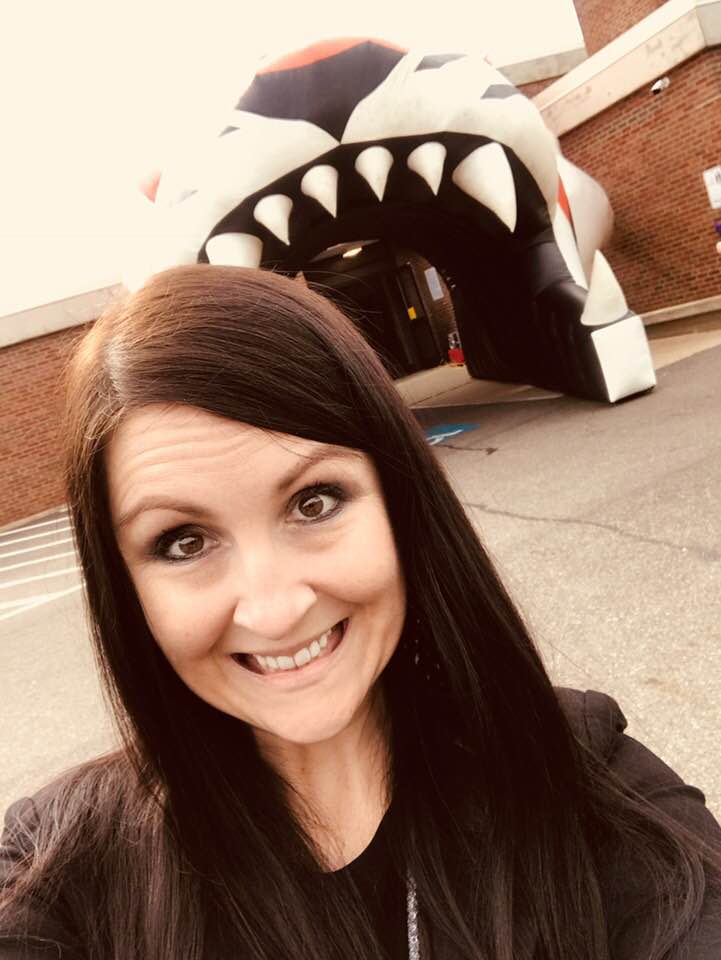
 RSS Feed
RSS Feed
